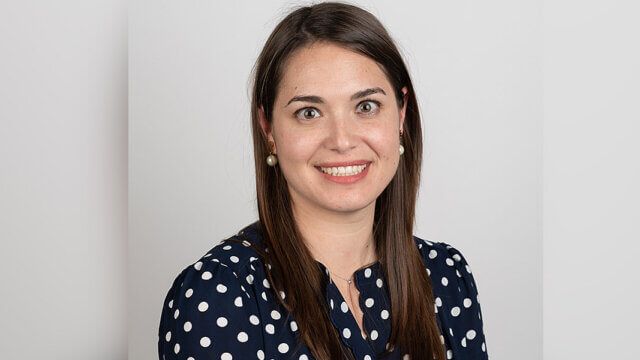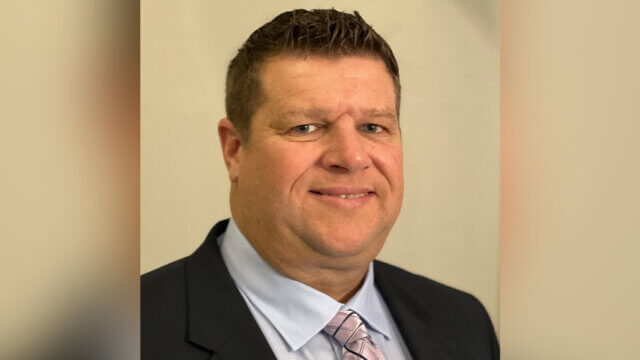Optimizing revenue streams and uncovering new ones in the competitive hotel industry is crucial for success. One often overlooked opportunity to increase the overall profitability of a property is parking.
In this article, we will explore the concept of RevPAS (revenue per available space) and share proven strategies we implement for our partners to develop parking as a significant source of revenue.
Rethinking parking as a key revenue stream
Just like rooms, food and beverages, and event spaces, parking should be considered a key revenue-generating component within a hotel’s ecosystem. The same strategic thinking and revenue management principles applied to these core hotel services should also be directed toward parking facilities.
When viewed from this lens, parking is not just an ancillary service or an amenity offered for convenience, but a dynamic asset with serious revenue potential. By rethinking parking as a critical revenue stream, hotels can significantly impact their overall profitability.
The good news is this shift in thought doesn’t need to be massively disruptive. It starts by employing existing frameworks for maximizing room revenues and applying those same strategies to available parking spaces.
What is RevPAS?
RevPAS, or revenue per available space, is a key performance indicator (KPI) used at Towne Park to measure the effectiveness of a hotel’s parking revenue strategy. Much like RevPAR (revenue per available room) in hotel room sales, RevPAS ensures you are optimizing the revenue generated from each available parking space.
Calculating RevPAS involves dividing the total parking revenue by the total number of available parking spaces during a specific period. This metric provides insights into the success of your pricing strategies, space utilization, and overall parking revenue performance.
By monitoring and optimizing RevPAS, hotels can identify areas for improvement, uncover new revenue opportunities and make data-driven decisions to maximize the value of their parking assets. Using RevPAS as a guiding metric ensures that hoteliers adopt a strategic approach to parking management, aligning it with their overall revenue optimization goals.
Strategies to optimize hotel parking revenue
Drawing from our extensive experience in the parking management and hospitality industries, we have developed proven strategies to help hotels optimize their parking revenue effectively.
These strategies not only enhance guest experience, but also maximize revenue generation from the available parking spaces. Here, we present six key strategies derived from years of working with diverse hotel properties:
1. Assess your parking assets as a revenue source
Before implementing anything new, evaluate your current parking situation to determine its potential as a revenue source.
Conduct market research to understand local trends and assess whether other hotels in your competitive set charge for parking.
Hotels that should consider fee-based parking include urban, full-service, airport, destination properties, those with limited parking inventory or high parking demand neighborhoods.
Even economy hotels in suburban locations are increasingly considering paid parking as a viable revenue stream.
2. Implement the right revenue control
When charging for parking, it’s essential to have an efficient system to manage and collect revenue. If you currently rely on the honor system, upgrading to a formal system will significantly improve collections and profits.
Today, gateless digital solutions enable guests to pay via text and transfer charges directly to their hotel folio.
Gateless, frictionless solutions are the future of hotel self-parking because they require no capital investment, improve traffic flow and are easy to implement for the operator and the guest.
On the other hand, gated parking systems may be more appropriate for high-volume operations or hotels with substantial meeting space due to their complexities and high revenue streams.
3. Enhance the overall guest experience
When monetizing parking, understanding, and catering to your guests’ preferences is critical. To provide a seamless parking experience, consider the following factors:
- Personalization: Tailor the parking experience to match your guests’ expectations. For upscale properties, a high-touch valet service can add a sense of luxury, while a technology-based self-parking experience might be more appropriate for guests who value efficiency and independence.
- Ease of use: Ensure that the parking process is user-friendly and intuitive. Clear signage, well-lit spaces and simple payment options can improve guest satisfaction.
- Guest experience: Offer prompt, professional assistance to guests who may have questions or require help during parking. Well-trained staff can make a significant difference in enhancing the overall guest experience.
By carefully considering these factors and implementing a parking solution that aligns with your guests’ preferences, you can create a positive experience that will contribute to their overall satisfaction with your property.
4. Develop parking pricing strategies
Formulating a strategic approach to setting parking rates is vital for optimizing parking revenue. As you would for room pricing, treat parking spaces as perishable assets and apply optimization techniques to maximize RevPAS. Consider the following factors when setting your parking pricing strategy:
- Dynamic pricing: Adjusting parking rates in real-time based on demand, seasonality and local events. By implementing dynamic pricing, you can ensure your parking rates remain competitive while capturing additional revenue during peak periods.
- Rate optimization: Analyzing historical data, market trends and competitor pricing to determine the optimal rate for your parking spaces. This approach helps balance revenue generation with occupancy rates, ultimately driving profitability.
- Segmentation: Offer different pricing tiers based on the length of stay, time of day and type of vehicle. This allows you to cater to various customer segments and maximize revenue from each parking space.
- Early bird and off-peak specials: Encourage guests to park during off-peak hours or offer discounted rates for early arrivals. These incentives can help distribute demand more evenly throughout the day and ensure that parking spaces are utilized efficiently.
Package deals: Bundle parking with other hotel services, such as room stays, spa treatments or dining experiences. This approach can increase the perceived value of your offerings and encourage guests to take advantage of multiple services during their stay.
By incorporating these pricing strategies and aligning rates with demand, you can maximize revenue while effectively utilizing all available parking spaces.
5. Distribute unused spaces via online sales channels
Maximizing the utilization of your parking assets is essential, especially if you have unused parking spaces or experience seasonal fluctuations in demand.
However, attempting to implement these strategies on your own can be a daunting task, requiring substantial investments in time, resources and expertise.
To optimize the use of your parking spaces, consider opening them up to non-hotel guests, such as residents, customers or employees of nearby businesses. This can help generate additional revenue and ensure your parking assets are consistently utilized.
6. Leverage data to improve continuously
Harnessing the power of data is essential in making informed decisions about your parking operations. A data-driven approach to parking management can yield significant benefits for your hotel, including improved efficiency and increased revenue.
Key ways to effectively leverage data in your parking management strategy include analyzing market rates and competitor pricing, driving revenue management through demand forecasting, optimizing labor scheduling and identifying trends to refine operational efficiency.
Your team can make the most effective business decisions for your hotel by employing a data-centric approach.
Joshua Miller is SVP, revenue optimization at Towne Park. He oversees the commercialization, sales, client support and success of it revenue-oriented solutions.
This is a contributed piece to Hotel Business, authored by an industry professional. The thoughts expressed are the perspective of the bylined individual.



